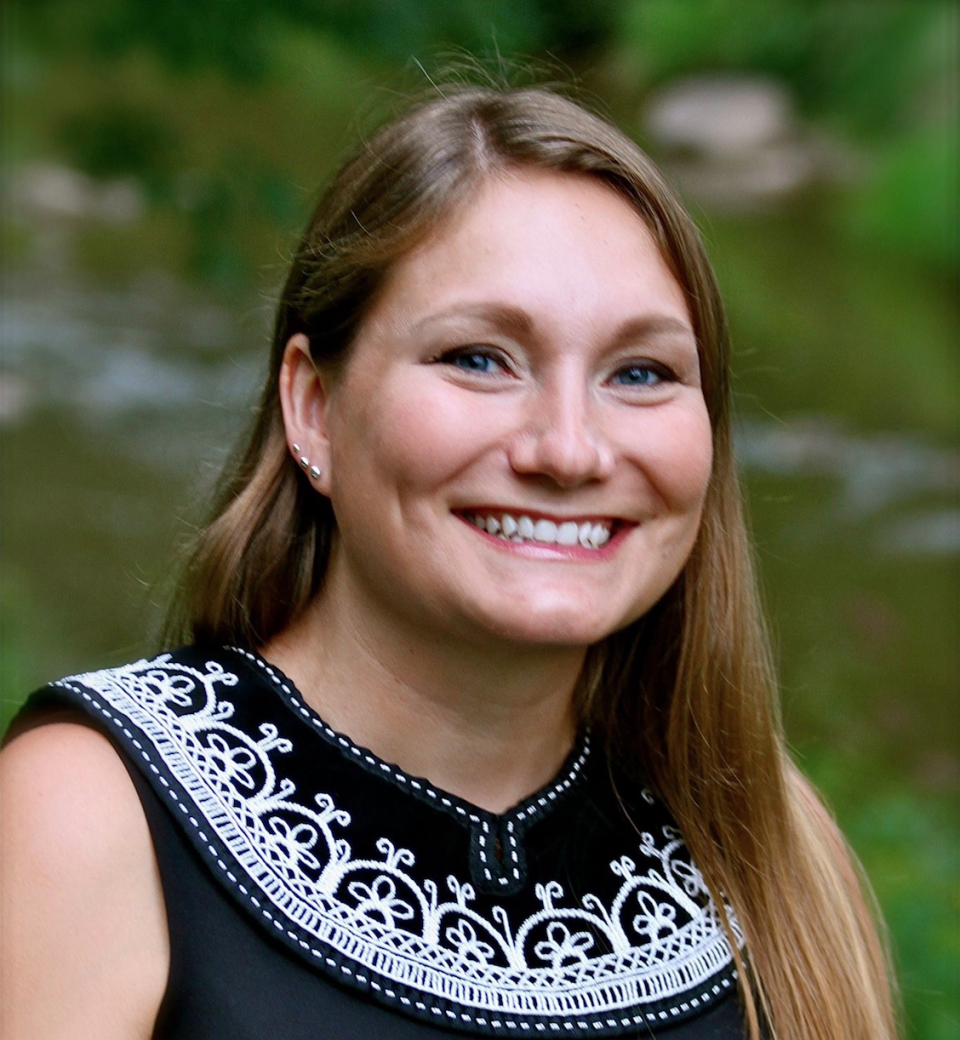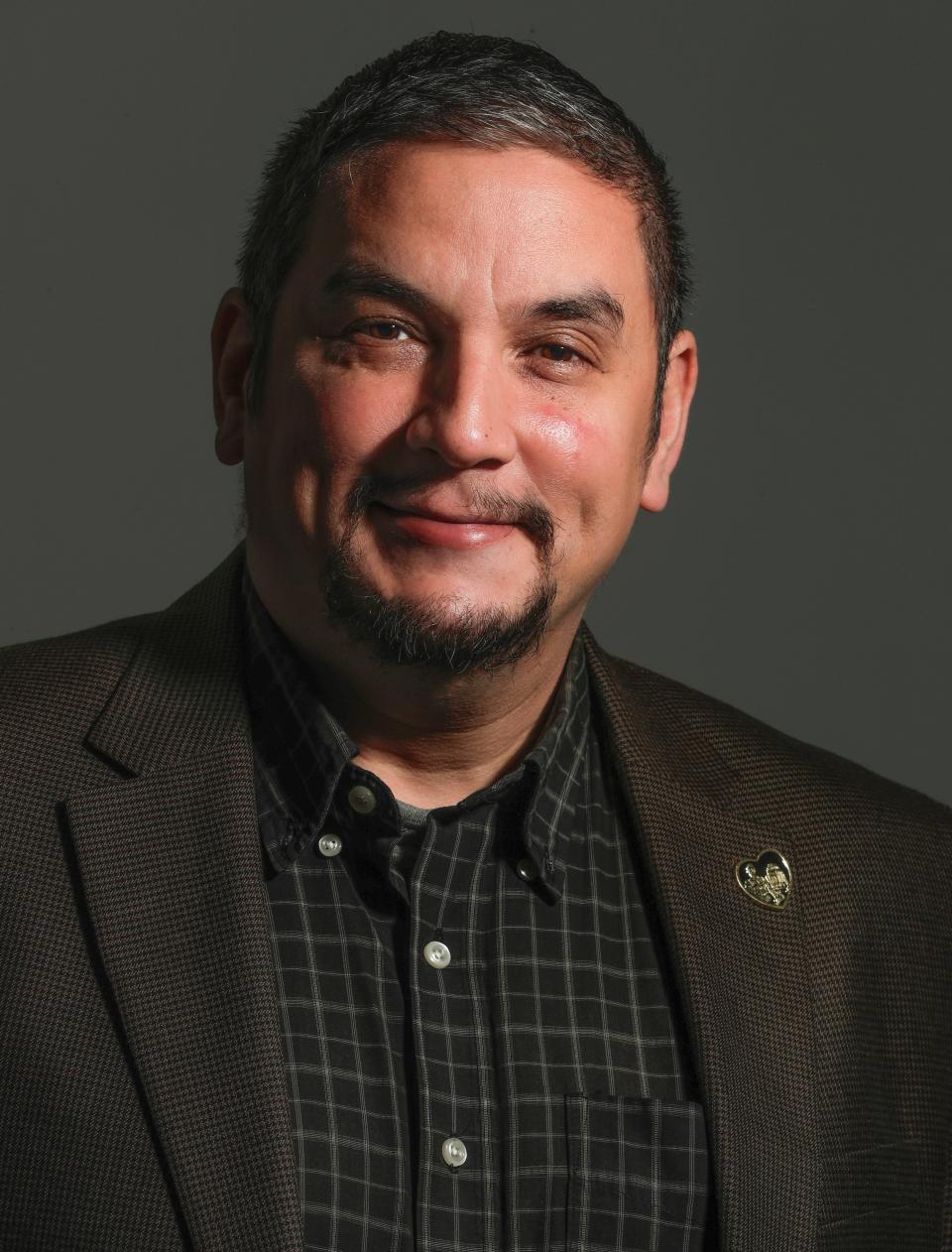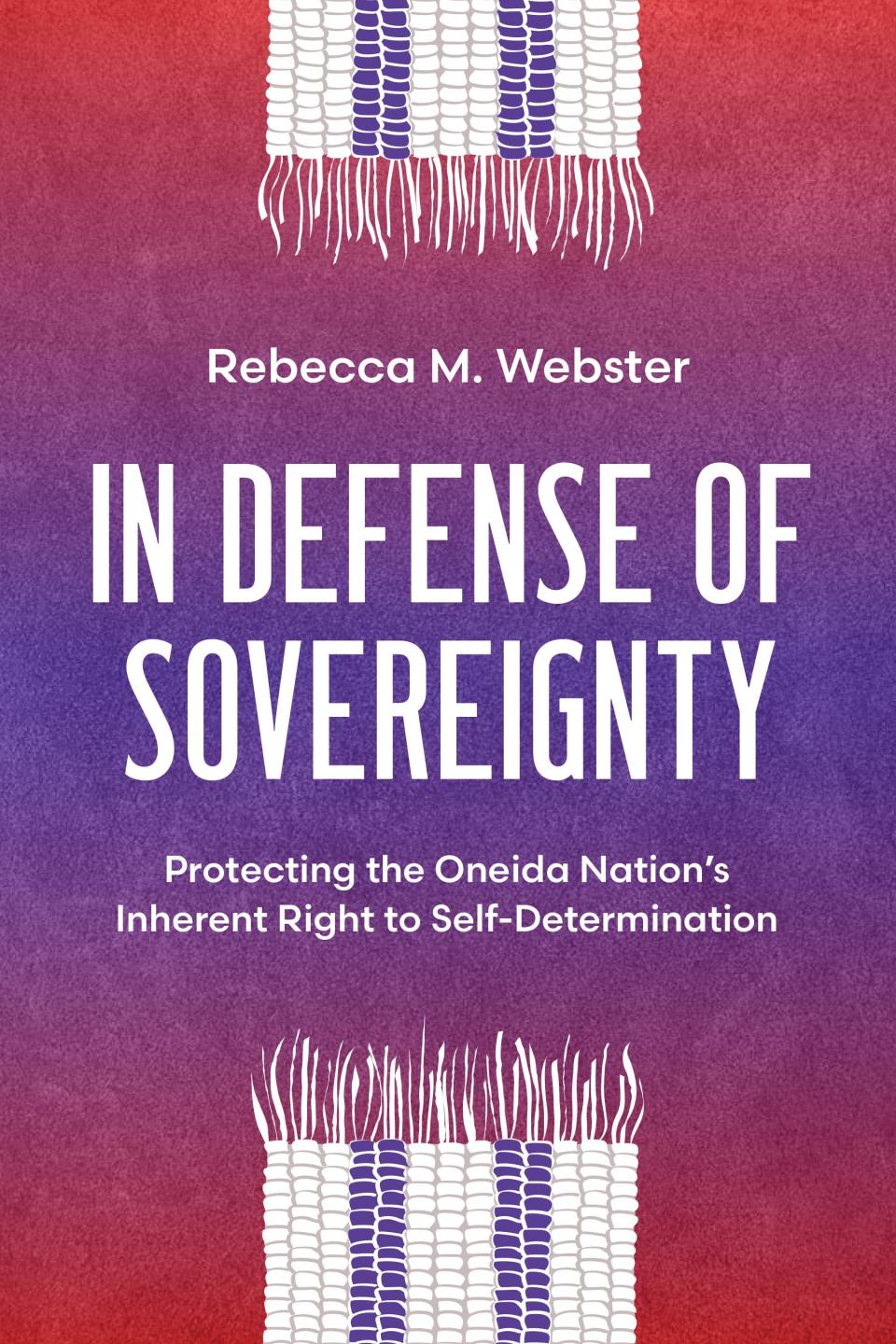New book gives an insider's view of the 20-year power struggle between Oneida Nation and village of Hobart
ONEIDA - Rebecca Webster had just finished law school when she started working as an attorney for her tribe, the Oneida Nation, in 2003 at the start of a 20-year power struggle with the village of Hobart.
“It was kind of scary because there was a lot at stake,” she said.
Webster has a new book detailing her experience, “In Defense of Sovereignty: Protecting the Oneida Nation’s Inherent Right to Self-Determination,” published by University of Wisconsin Press and scheduled for release Feb. 14.
Webster had lived in Hobart, which is almost entirely on the Oneida Reservation.
Before the legal disputes between the two entities started in 2003, residents were seemingly unaware of each other’s existence.
“(Non-Native) People in Hobart supposedly didn’t know there was still a reservation,” Webster said.

With the assistance of historians to begin the book, Webster starts with a brief history of how the Oneida Nation came to what is now Wisconsin from New York and established a reservation in the Green Bay area.
Much of Hobart’s challenges in court centered on a “misinterpretation” of that history, arguing the tribe’s reservation status really doesn’t exist — a view federal judges later disagreed with.
“Their unique legal theories did not stand up in court for any of their cases,” Webster said.
The legal disputes started seemingly small, such as over garbage collection, storm water taxes, festival permit fees and police jurisdiction.
But the relationship between the village and the tribe soon became very adversarial.
Webster wrote she would attend Hobart village meetings and would be pointed out by a village official as a “spy” for the tribe, even though she was a taxpaying resident of the village.

Sign up for the First Nations Wisconsin newsletter Click here to get all of our Indigenous news coverage right in your inbox
Legal challenges over taxes, fees and jurisdiction turned into court battles over the tribe’s right to exist, and if Hobart’s attorneys were successful in their arguments in federal court, that could challenge tribal sovereignty all over the country.
The village hired a tribal liaison whom Webster said is known in Indian Country as an advocate against tribal sovereignty and had been affiliated with a group called the Citizens for Equal Rights Alliance, which Indigenous advocates liken to hate groups, such as the Ku Klux Klan.
“Why would they have that person as a liaison unless their sole intention was to have a combative relationship with the tribe?” Webster said. “She spoke about dismantling tribal government. … At that point, I knew we were in real trouble because they’re willing to warp reality.”
More: Menominee Nation sixth tribe to sign agreement with Wisconsin DPI over teaching Native culture
More: Ojibwe 'Olympic games' returning to Wisconsin after US government banned them nearly 150 years ago
She said the Oneida Nation is adept at arguing and winning legal cases in court, but could do a better job in debunking misinformation in the public.
That’s one reason why Webster said she wanted to write the book. She wanted to help educate readers and make them aware of what really happened.

She had worked as an attorney for the Oneida Nation until 2016. Webster enlisted the assistance of other attorneys to write chapters in the book about court cases after 2016, including the dispute over the Big Apple Fest with the village.
Webster will be signing her book at several upcoming events, including Feb. 18 at Turtle Island Gifts in Ashwaubenon, Feb. 22 at the Radisson Hotel in Oneida and in April in Madison.
She already has had a book published and is for sale on Amazon titled, “Tribal Administration Handbook,” which helps readers understand how tribal government operates.
Webster will have her third book released in May, titled, “Our Precious Corn,” which describes the Oneida cultural relationship with its white corn.
Frank Vaisvilas is a Report for America corps member who covers Native American issues in Wisconsin based at the Green Bay Press-Gazette. Contact him at fvaisvilas@gannett.com or 815-260-2262. Follow him on Twitter at @vaisvilas_frank.You can directly support his work with a tax-deductible donation online at GreenBayPressGazette.com/RFA or by check made out to The GroundTruth Project with subject line Report for America Green Bay Press Gazette Campaign. Address: The GroundTruth Project, Lockbox Services, 9450 SW Gemini Drive, PMB 46837, Beaverton, Oregon 97008-7105.
This article originally appeared on Green Bay Press-Gazette: Oneida Nation, Hobart feud focus of UW Press book by Rebecca Webster

